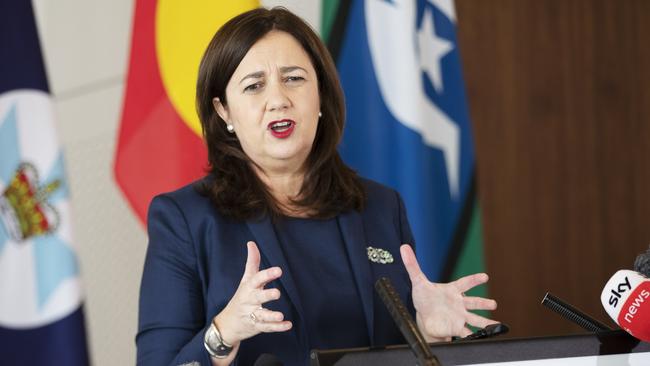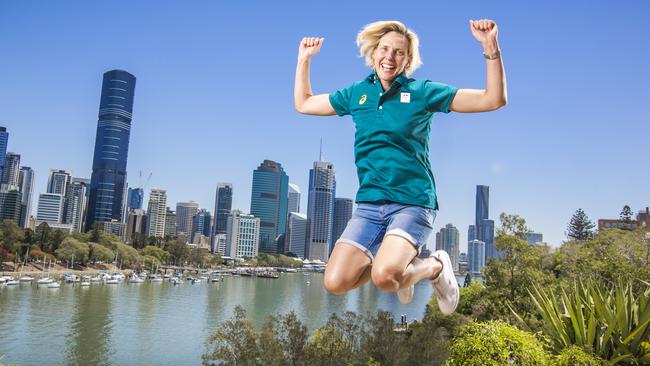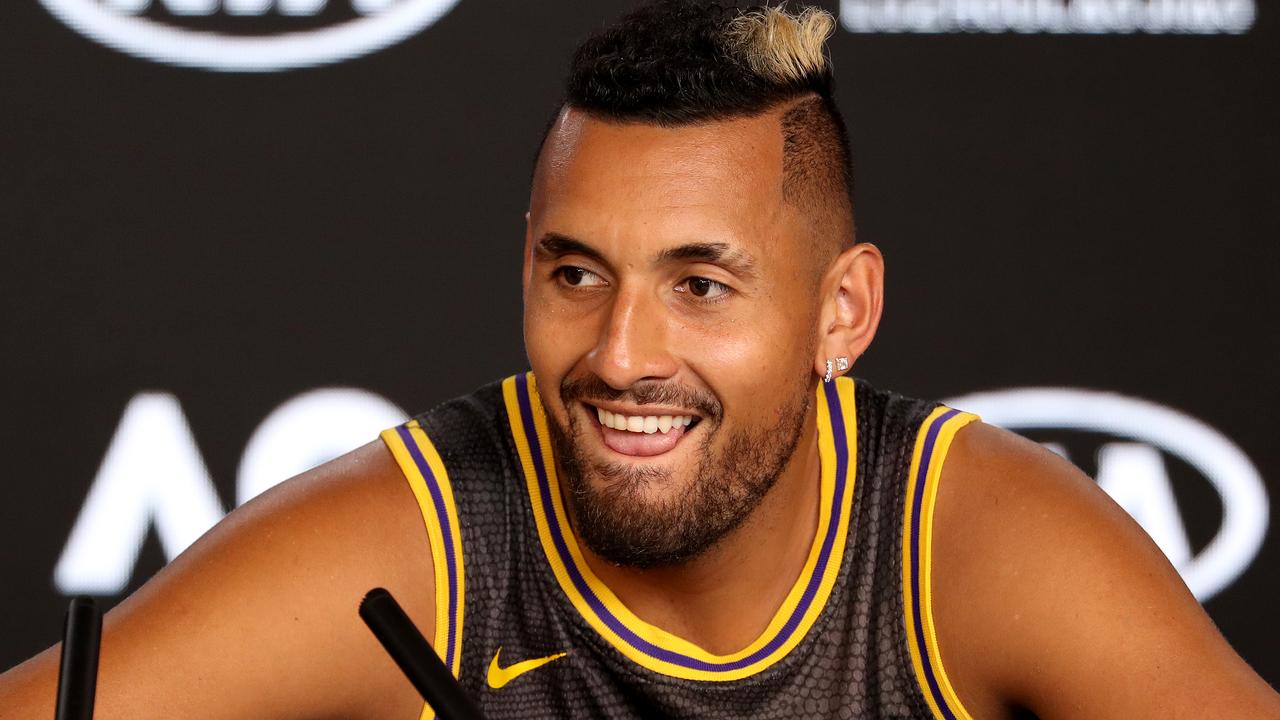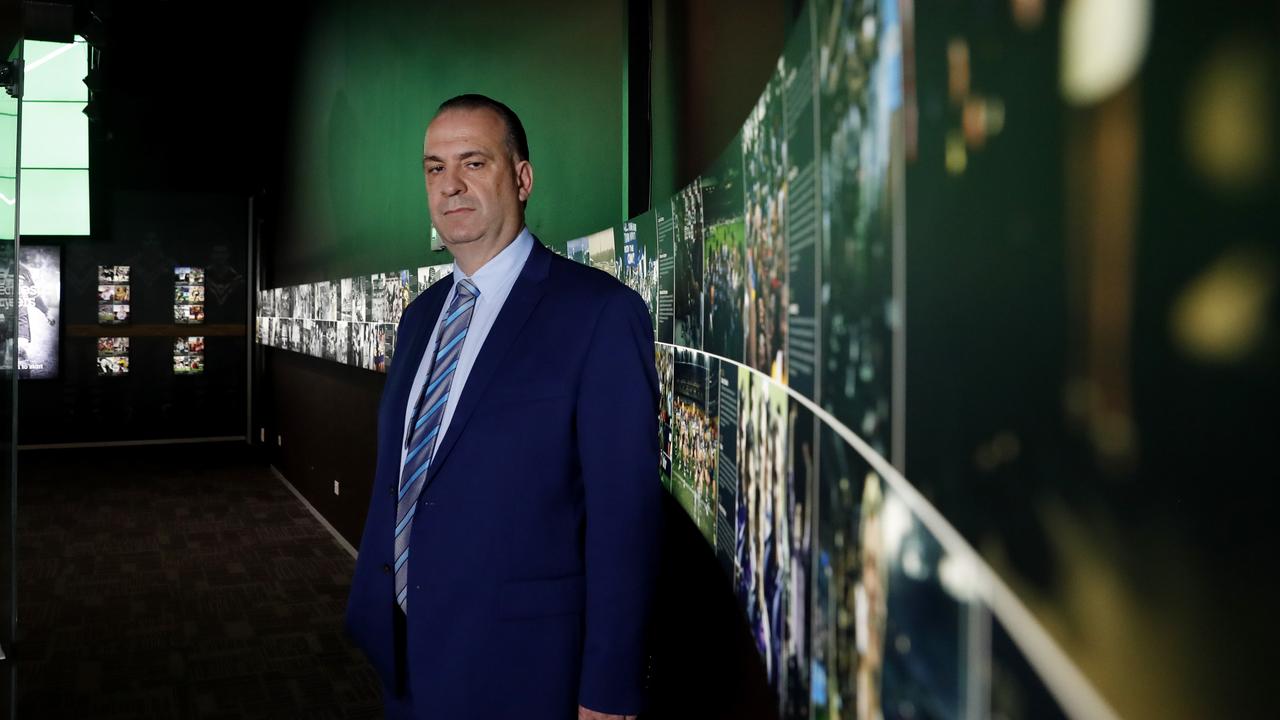Why the numbers add up for a southeast Queensland Olympic bid

This follows its report last June that revealed 20 per cent of children and adolescents aged 2-17 are overweight or obese. The June report also highlighted 22,700 weight-loss surgeries were conducted in 2017-18, a substantial increase from 9300 procedures in 2005-06.
Another study conducted by PwC in 2015 indicated that if no further action is taken to slow the growth of obesity through to 2025, the cost to society is expected to be an additional $87.7 billion.
The unmistakeable fact is that Australia is becoming an unhealthy nation, and we need Australians of all ages to become more active, more often.
Adults and children with obesity face a higher risk of serious health conditions including asthma, sleep apnoea, bone and joint problems, hypertension, high cholesterol, type 2 diabetes and psychological problems.
And taxpayers will be asked to foot this escalating bill through the direct and indirect costs obesity generates.
This growing obesity health crisis is just one of the many reasons why a successful Queensland bid for the 2032 Olympics and Paralympics will be great for Australia.
Predictably, there have been keyboard warriors venting their displeasure at the Games bid. Waste of money they cry. Money would be better spent on other essential services they say.
This is despite the International Olympic Committee’s “new norm” approach to awarding Games hosting rights that ensures hosts use existing or temporary facilities. Queensland already has 80 per cent of existing Games venues – way ahead of Sydney for the 2000 Olympic and Paralympic Games.

But once again, as they did when Queensland successfully hosted the Gold Coast 2018 Commonwealth Games, these faceless critics are missing the bigger picture.
The Games are much more than the medal count and the Opening and Closing Ceremonies. After all, the majority of our aspiring 2032 Games athletes are currently young boys and girls competing in Little Athletics, school swimming carnivals and junior sports competitions.
Many will have Games dreams and aspirations and the lure of a home Games, if awarded, will inspire a new generation of athletes who will become role models for generations to follow.
It’s important to remember the Olympic Games are a celebration of life, of opportunity and participation, of inspiration and aspiration, of citizenship and inclusiveness, of sportsmanship and teamwork and of leaving an enduring legacy.
At a time when sports participation levels are falling and obesity, and its associated health issues, is rising, the Games are the perfect advertisement to motivate and inspire young and older Australians to get off their backside and become more active.
The Games are also about society being more inclusive, opening our eyes wider and becoming more accepting of people with disabilities, and promoting gender equality. It is impossible to place a value on these intangible benefits, but we can place a value on the tangible benefits.
It is estimated the economic benefits of the Games will be $7.4 billion and will provide a transformational legacy.
The Games will create 120,000 new jobs and provide the catalyst to deliver key new infrastructure such as roads and rail lines, new housing via the athletes and media villages — all of which is required regardless of whether Queensland is awarded the Games.
Much of Queensland’s economic lifeblood is provided through tourism and the Games will place the state and many of its iconic destinations firmly front of mind through the global television audience.
The ongoing tourism benefits will help fund critical areas such as Queensland schools, hospitals and roads for decades to follow.
As with GC2018, the Games will open new doors for international trade while arts and culture exhibitions will showcase local talent on the world’s biggest international stage.
Australia has an outstanding track record when it comes to successfully delivering major international sports events.
The Sydney 2000 Olympic Games were acclaimed as the “best Games ever”. And Queensland delivered the Gold Coast Commonwealth Games on time and on budget. Few Games Organising Committees have ever achieved this.
In 2018, more than 200,000 extra tickets were sold above the one million target. Sponsorship revenue was $6m above the $85m target — a fantastic result given the Games were held in a regional location for the first time.
So, don’t judge the Queensland’s bid for the 2032 Games on the projected costs, but look at its broader social contribution, the long-term financial injections and the legacies that will follow.
Dhuse Manogram is a Harvard Business School alumnus and an Australian sports administrator



A day after Queensland Premier Annastacia Palaszczuk announced her government would proceed with a bid to host the 2032 Olympic and Paralympic Games, the Australian Institute of Health and Wellbeing released its latest findings that found 75 per cent of men and 60 per cent of women are overweight or obese.